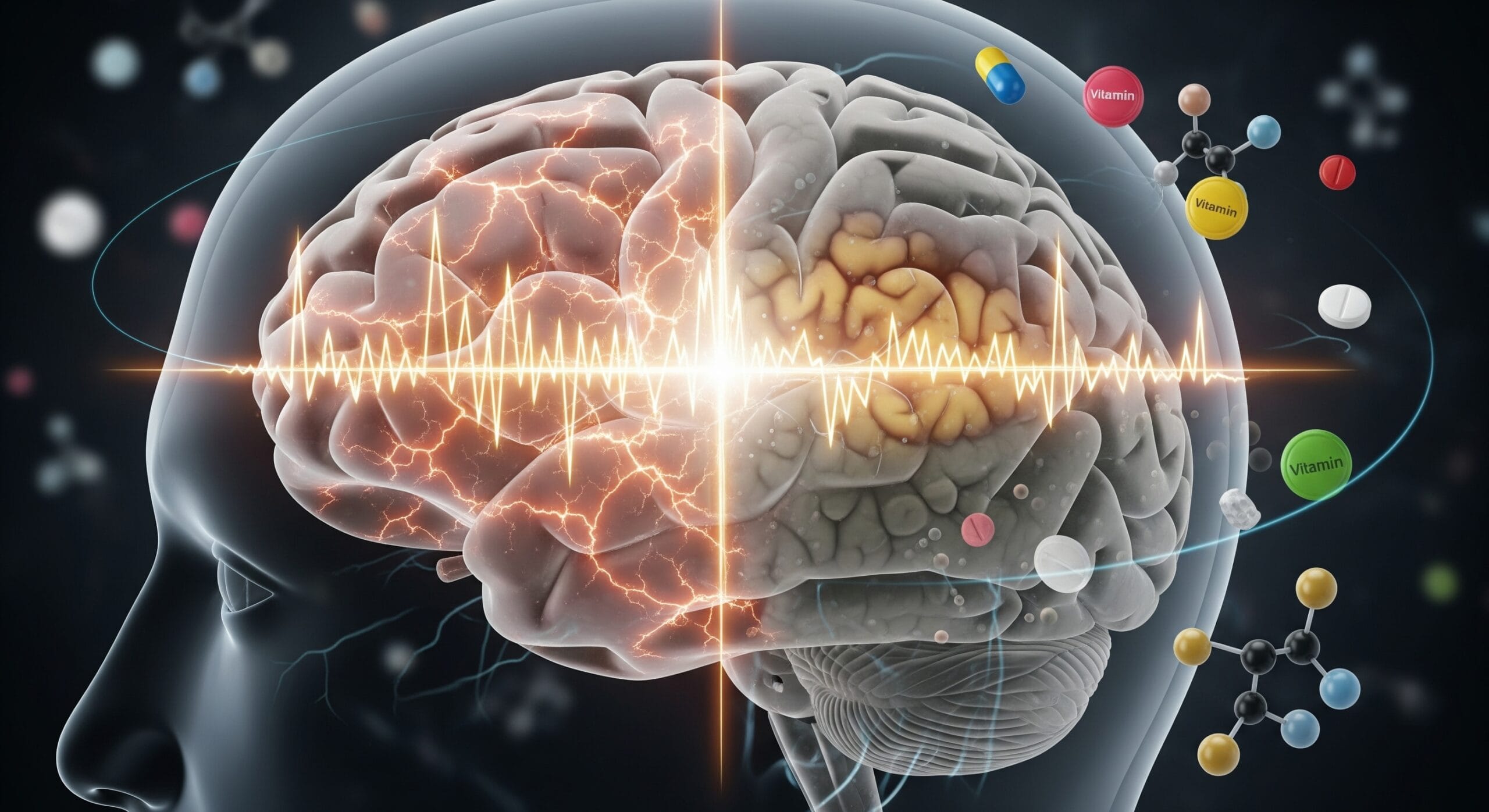Genomic medicine offers powerful insights into how genetic variations, such as single nucleotide polymorphisms (SNPs), impact neurotransmitter pathways, particularly in mood and mental health. SNPs in genes like MAO-A and COMT are especially relevant, as these genes play crucial roles in processing neurotransmitters that regulate mood, such as dopamine, serotonin, and norepinephrine. Understanding the influence of these SNPs on neurotransmitter function can allow health practitioners to personalise treatment strategies for patients dealing with anxiety, depression, and mood disorders.
In this article, we’ll delve into how MAO-A and COMT SNPs influence mood and anxiety, and why these genes are key components in a patient’s emotional and mental health.
The Role of MAO-A and COMT in Neurotransmitter Regulation
Monoamine Oxidase A (MAO-A) and Catechol-O-Methyltransferase (COMT) are enzymes that metabolise neurotransmitters. MAO-A breaks down neurotransmitters like serotonin, dopamine, and norepinephrine, preventing excess buildup, which could otherwise cause overstimulation. COMT, meanwhile, helps in the breakdown of dopamine, epinephrine, and norepinephrine. These enzymes essentially act as “regulators” of neurotransmitter levels, keeping mood and mental energy in balance.
SNPs in the MAO-A and COMT genes can alter how effectively these enzymes function. These variations can result in either an increased or decreased breakdown of neurotransmitters, which in turn impacts mood stability and anxiety levels. For patients with these SNPs, knowing how to address their unique neurotransmitter processing capabilities is key to achieving balance.








